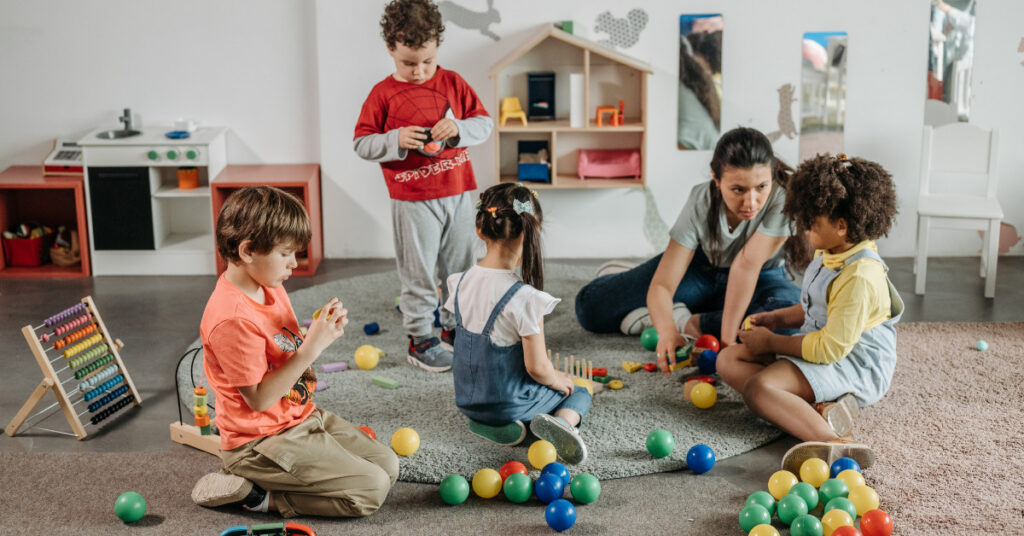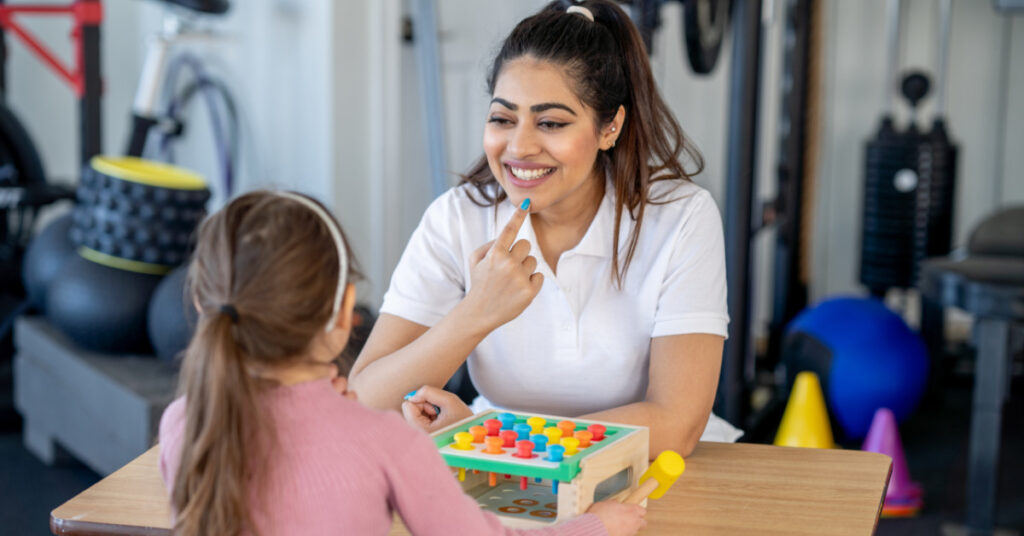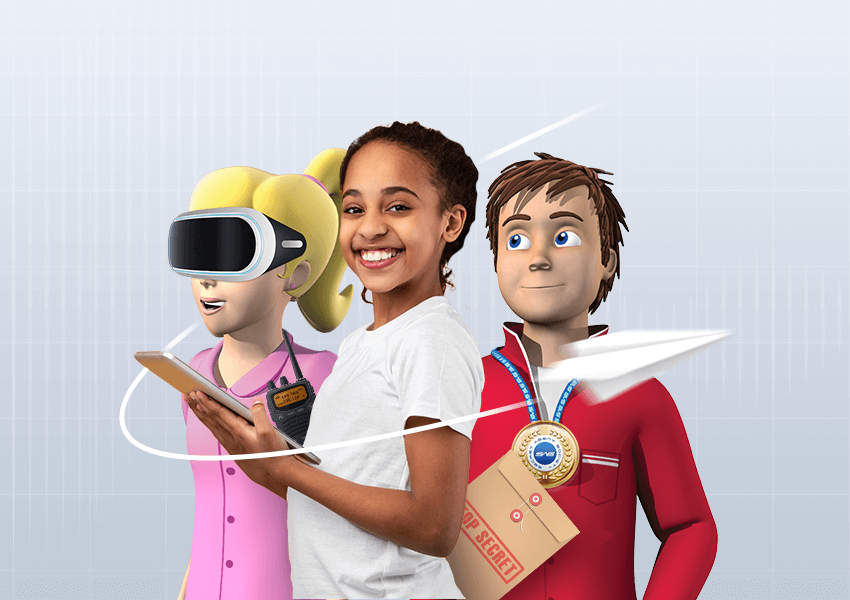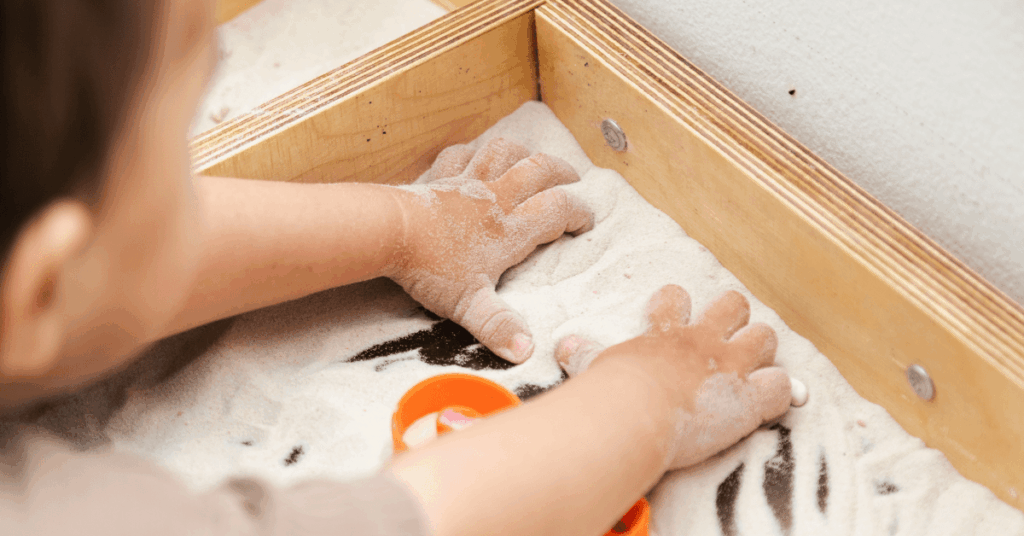Building a strong relationship with your child
By Karen King
Children need strong relationships to grow up healthy and happy. Research by Powell, Cooper, Hoffman, and Marvin (2013) demonstrated that children and teenagers with a secure parent-child attachment relationship:
- Have better relationships with their friends and family;
- Are more likely turn to their parents for help when in trouble;
- Enjoy more happiness with their parents and feel less anger towards them;
- Trust the people they love;
- Have higher self-esteem;
- Are better able to solve problems on their own; and
- Know how to be kind to those around them.
It’s sometimes difficult to know how to build a strong relationship with your child or adolescent.
Many parents struggle to understand their child’s behaviour and are uncertain how to respond to big emotions and challenging behaviours.
Emotional meltdowns, toddler tantrums, school refusal adolescent defiance, risk taking behaviour – parents try very hard to manage emotions and behaviours, but often feel they’re not making much progress.
This can be very frustrating for both the parent and the child.
The importance of parental support
Children and adolescents need your support when exploring the world.
They also need to know that you will be there to help and protect them when things go wrong.
Children and adolescents need help managing their strong emotions (such as anger, embarrassment, sadness and disappointment).
Often what helps children and adolescents manage their emotions best is having someone ‘be with’ them as they experience these feelings rather than someone who dismisses what they are feeling (Dolby, 2007).
How to make positive change
It’s helpful to track what you as the parent are feeling as you interact with your child or adolescent.
As a parent, sometimes that sense of being overwhelmed when your child or adolescent expresses a feeling or engages in a behaviour can prevent you from dealing with the situation as well as you would like.
Being aware of your reaction to your child’s feelings or behaviour is the beginning of making a positive change for both you and your child (Hughes, 2009).
It’s never too late to start or try again
It’s essential to remember that you do not have to be a perfect parent to have a strong relationship with your child or adolescent.
Also, it is good to know that it is never too late to build a stronger relationship (Powell, Cooper, Hoffman & Marvin, 2013).
You may think that old habits are too difficult to break or that you’ve tried everything that you can think of and you’re ready to give up.
Please don’t!
Your child or teenager needs you to help them learn how to manage their emotions and behave appropriately.
At Early Start Australia, we help parents make sense of their child’s or teenager’s emotions and behaviours.
We support you along the journey in building a strong parent-child relationship that remains across life.
References
- Dolby, R. (2007). The Circle of Security. Roadmap to building supportive relationships.
- Hughes, D.A. (2009). Attachment-focused parenting: Effective strategies to care for children. New York, NY: WW Norton.
- Powell, B., Cooper, G., Hoffman, K., & Marvin, B. (2014). The circle of security intervention: Enhancing attachment in early parent-child relationships. New York, NY: The Guildford Press.
Further reading
- Hoffman, K., Cooper, G., Powell, B., Siegel, D., & Benton, C. (2017). Raising a Secure Child: How Circle of Security Parenting can help you nurture your child’s attachment, emotional resilience, and freedom to explore. New York, NY: The Guildford Press.









